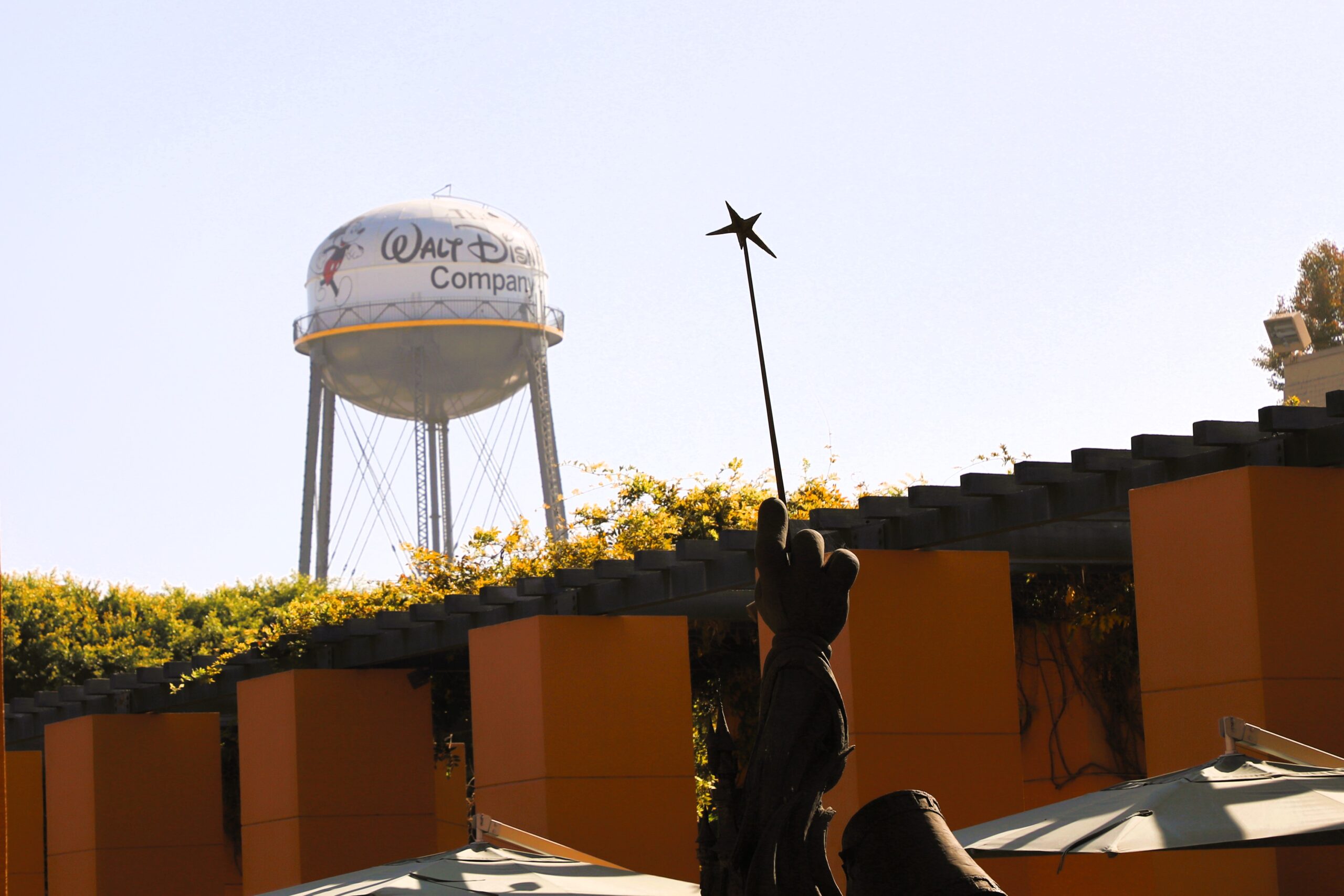"The future is a space of possibilities," says futurologist Florence Gaub. The more influence we believe we have in shaping these possibilities, the more positively we perceive the future. The mood is actually brightening a little now, despite the rolling wave of insolvencies, based on new order volumes from broadcasters and a hoped-for result of the subsidy reform. The shift in global production activity to Europe, away from Hollywood, offers great potential. Netflix and Amazon produced 53% of their global content outside the US in the first quarter. Local production volume in the US fell by 40% year-on-year and by 13% month-on-month in June. Netflix and Amazon alone commissioned 215 and 140 productions respectively, most of them non-English language. What is still missing is a competitive funding system in Germany.
The most important factor for the manufacturing economy in Germany is a competitive, automatic subsidy system. In the UK, the tax incentive model there generates around £2 billion a year (a total contribution to gross domestic product of around £13 billion) and provides economic power with almost 90,000 jobs in around 16,000 companies. The reform of the Film Subsidy Act and the FFZulG as an automatic production industry subsidy are essential. As the federal states would have to participate in this tax refund in anticipation of additional taxes that can only be paid later, this can be resolved.
In line with other countries, in which a share of the revenue of exploiters (broadcasters and streamers) must already be invested in content in Germany, this investment obligation forms a third pillar, which, however, does not automatically have to benefit the production industry in Germany, because the German producer receives a production order. The fact that many attractive productions from Germany by German production companies do not take place in Germany even today may be due to the lack of competitiveness of the funding systems, but even if they did exist, this is by no means a guarantee of capacity utilisation and jobs. However, programme distribution in Germany is a matter for the federal states and would therefore possibly have to be implemented in a constitutionally secure manner by means of a kind of state treaty, which could take years. All industry representatives are urgently calling for a perspective quickly in order to obtain planning security in the short term. The alternative is strong consolidation and migration, which cannot be in anyone's interest.
In contrast, the US offers fantastic prospects for the coming years. Depending on Paramount's new strategy, the "+" streaming volume may decrease. It was already mentioned in the introduction that production activities are increasingly moving away from the USA. Canada and Europe could be the biggest beneficiaries.
Here is a list of the most important production budgets for 2024 excluding sport and music:
USD 22.0 billion from NBC Universal / Comcast
21.8 billion USD from Amazon
USD 19.5 billion from Netflix
USD 18.6 billion from Disney
USD 14.5 billion from Warner Bros. Discovery
USD 12.5bn from Paramount (significant change possible)
USD 4.5 billion from Fox (part of the Disney Group)
USD 4.5 billion from Apple
USD 1.5bn from Lionsgate
USD 1 billion from AMC Networks
This list does not include the numerous large North American companies that are already producing in Germany and Europe.
In addition to international streamers and major studios, public broadcasters and the large (major) distributors in Germany are a key economic factor for the German production industry. Leonine, Constantin and Tobis operate cinemas and the production infrastructure, employ a large number of production-related staff and commission many creative professionals.
Thanks are therefore due to these companies and the many, mostly voluntary, members of the associations who are fighting for the future prospects of the German film industry.
Your Ensider:Team
(Author: Markus Vogelbacher)


